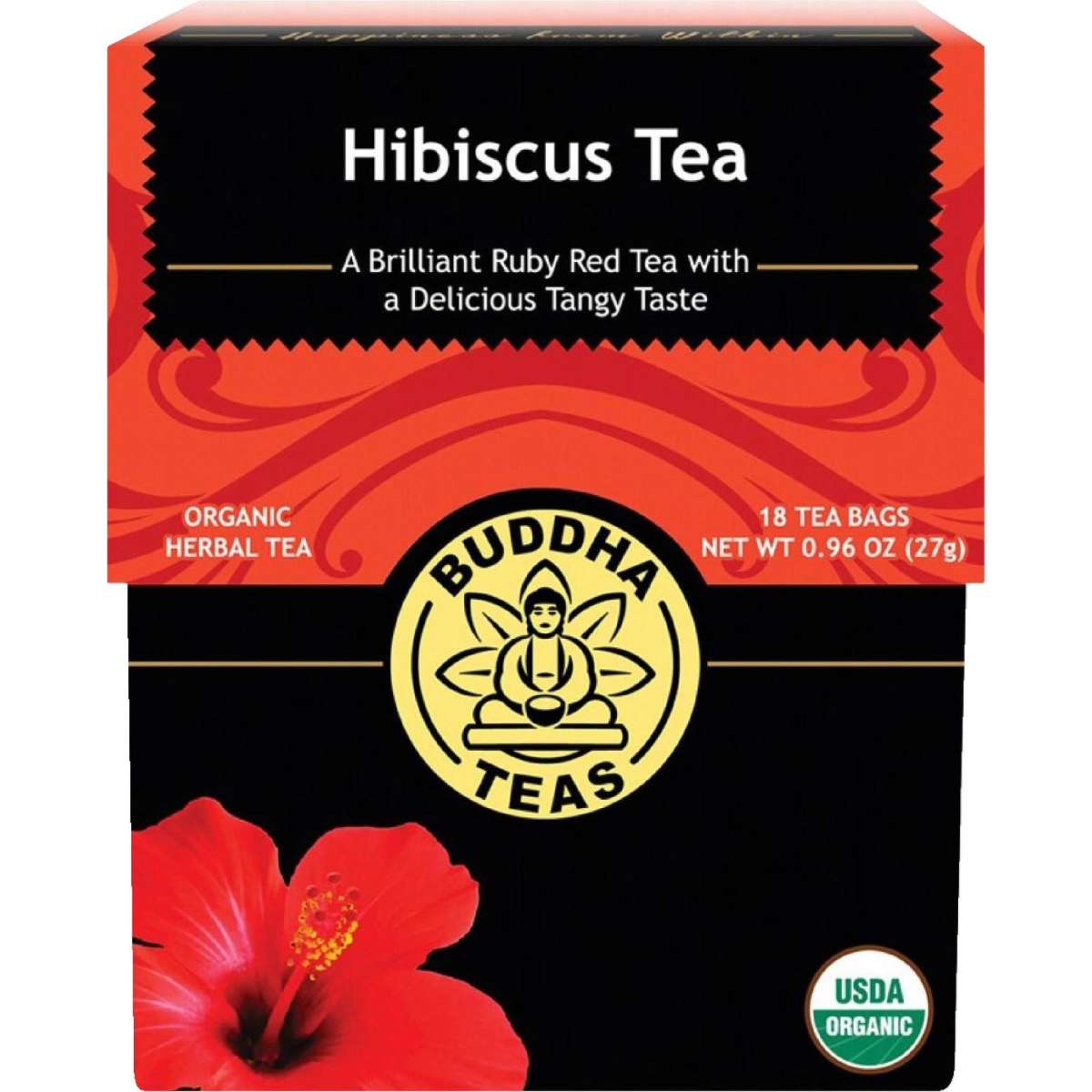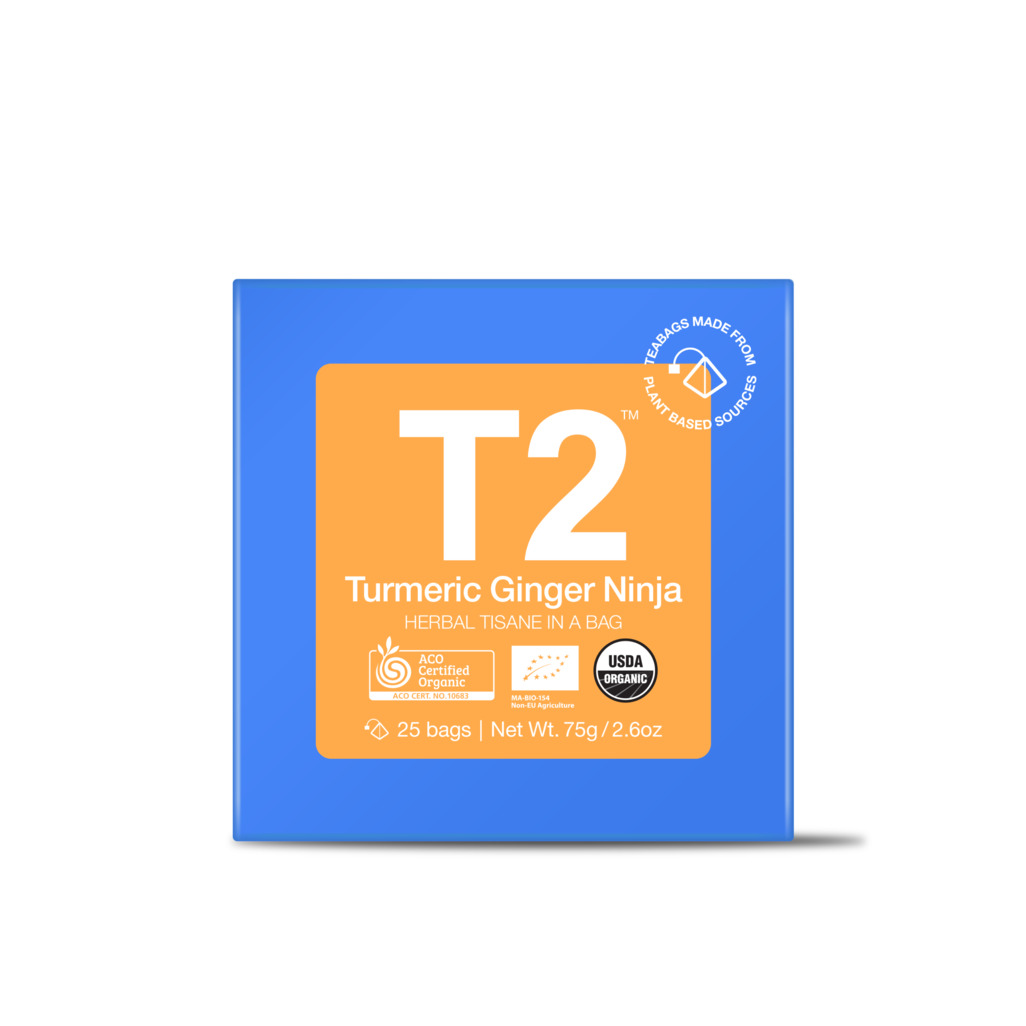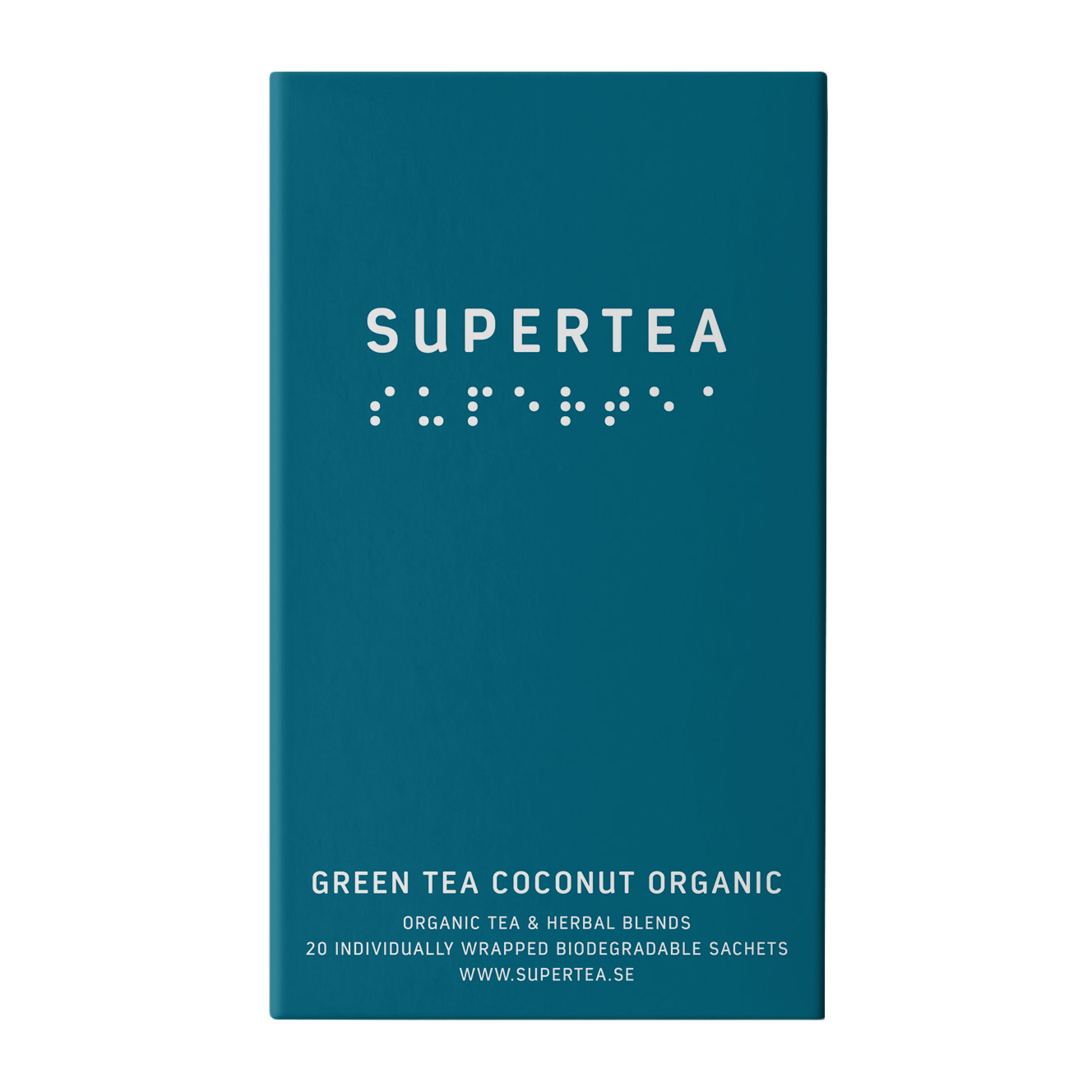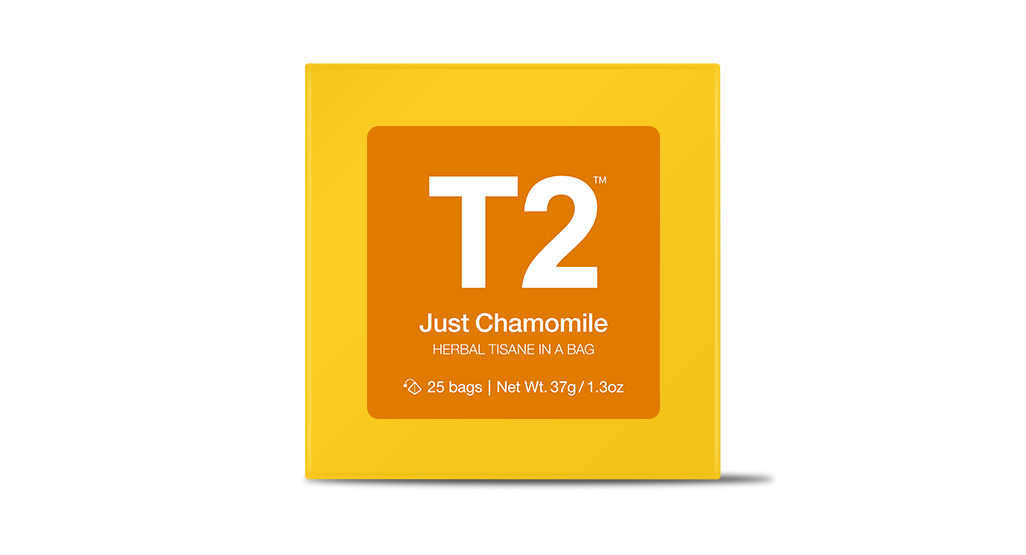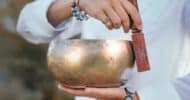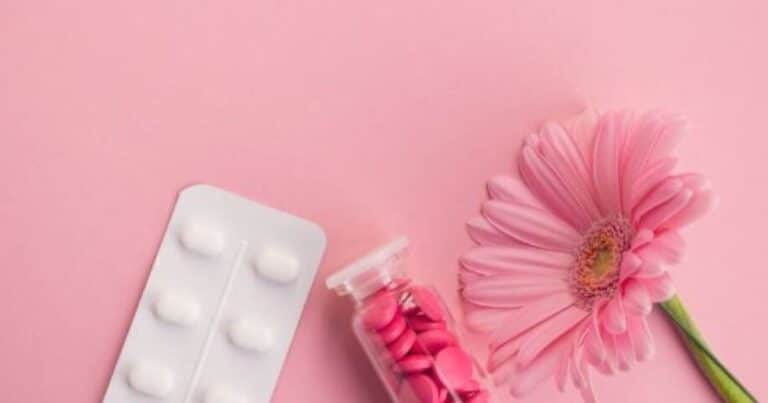
I don’t have a certificate to say I am a tea expert but I consider myself a connoisseur since I drink about seven cups a day and have done so for the past 30 years. Although I still love my old favourites such as English breakfast (Tetley all the way for me), my real interest is with healthy teas. There is nothing better than enjoying a comforting cuppa while reaping health benefits?
Although I have lived in Australia from 14 years, I am English which means that all the problems in the world can be solved by sticking the kettle on and making a brew. The more I learn about tea and it’s wonderful health benefits, the truer this is. Teas have the ability to keep us calm, soothe colds, reduce inflammation, energise us … and so much more.
In this article I’ll take you through everything I know about healthy tea to enable you to choose the perfect tea for your lifestyle and health needs, including:
- What is herbal tea?
- How to spot a high quality tea
- Loose tea or tea bags?
- My favourite healthy teas and their benefits
What is herbal tea?
Herbal teas or tisanes are drinks made from plant parts, herbs, and other ingredients steeped in hot water, unlike “true teas” made exclusively from leaves of the tea plant (Camellia sinensis). However, some herbal teas contain real tea leaves in addition to other plant materials. Many herbal teas are not naturally caffeinated, but some may contain natural stimulants.
There’s good reason that people have been drinking tea for thousands of years. Plenty of scientific evidence supports that teas and herbal teas have numerous benefits. Besides boosting the immune system, teas can also help prevent chronic diseases like cancer and heart disease.
How to spot a high quality tea
Inspect the tea
High-quality loose-leaf tea look like tea leaves. They’re carefully prepared to reduce breakage and to ensure that leaves are intact. Avoid teas that are crumbly and have fragments like stalks and debris. Tea is pretty simplistic. What you see on the ingredients list should match what you see when you open the packet. I get such delight from seeing petals, cloves and other nuggets of health and yumminess in my tea.
Touch and smell it
High-quality tea leaves should not crumble when carefully handled. They should feel slightly heavy and not super light, a sign of age, over-drying, or over-processing. A high-quality tea has a distinct scent. Depending on the type of tea, the scent can be floral, fresh, earthy, or sweet. After steeping, high-quality tea should be fragrant and aromatic.
Taste the tea
All high-quality teas have clear flavours that you can taste. For example, ginger tea has a kick and leaves a warm glow in your mouth and down your throat as you drink. Low-quality teas have barely noticeable flavours and taste. A good one to compare is green tea. I bought a box of cheap green tea and decided I didn’t like it anymore. It wasn’t until I had a cup elsewhere that I realised it was the quality of my teabags that had put me off. The difference in taste between a high quality and low quality green tea is huge. It’s the same with most teas.
Loose tea or tea bags?
Loose tea
If you’re like me, you were probably introduced to the world of teas through teabags. It makes sense. Tea bags are convenient, they’re easy and quick to prepare, and they’re readily available at your supermarket. But when I had a taste of loose leaf tea, I never looked back. My mind was blown by the superior feel, aroma, and flavours.
Loose leaf tea is almost always better in quality and taste than tea from tea bags, which are made from small, cheap tea particles. Loose leaf teas are made from whole tea leaves, which are carefully handled to ensure minimal breakage. Ever watched loose tea leaves unfurl as they steep? It’s mesmerising! And the fragrance and taste cannot compare to your store-bought tea bags.
Tea bags
I can understand why some people still prefer their tea bags. They’re super easy to prepare. All you need is a mug and hot water. They’re also cheap, and you can find heaps of different blends and flavours at the supermarket. I’m not a tea snob by any means, and please feel free to enjoy your tea however you like!
But I would strongly recommend trying loose leaf tea if you haven’t before. It’s a completely new experience (at least for me personally). And if you’re a tea lover, chances are you’ll enjoy loose leaf tea even more than teabags!
My favourite healthy teas and their health benefits
Rooibos tea
Rooibos or redbush tea is made from a plant native to South Africa. It’s naturally free of caffeine and packed with inflammation-fighting antioxidants. I prefer drinking Rooibos tea in the morning with its smooth, intense, smoky flavour and natural sweetness. It’s like a caffeine-free version of a strong breakfast blend or black tea (without the bitterness), especially when you let it brew longer in the pot.
I like drinking it plain on its own, but feel free to add honey, lemon juice, or milk/milk substitute. My friend swears by a strong brew of Rooibos with a dash of almond milk!
Healthy Benefits of Rooibos Tea
- May boost the immune system
- May help prevent cancer
- Filled with antioxidants
This is my favourite Rooibos tea which I get from: Doorstep Organics
Hibiscus tea
Hibiscus tea is made from the petals of the beautiful hibiscus flower. Hibiscus flowers come in a variety of colours, from white to red to bright orange, but hibiscus tea is usually bright red, and the red gets richer the longer you steep the petals. I haven’t tried making tea from fresh hibiscus flowers, but the teabag and loose petal tea that I‘ve tried were refreshing and fruity with a tart note.
Because hibiscus tea is caffeine-free, you can enjoy it any time of the day. I like brewing a pot in the morning and letting it sit in the fridge to chill. Then I would enjoy a cold glass it in the afternoon … with a bit of honey if I feel like going mad.
Healthy Benefits of Hibiscus Tea
- Filled with antioxidants that can boost the immune system
- May lower blood pressure
- May reduce cholesterol
This is my favourite hibiscus tea which I get from: Woolworths
Ginger tea
Ginger tea is a warming, slightly spicy tea that I prefer drinking in cool weather. Or whenever I feel a sore throat or cold coming! It’s soothing but it can also be energising, making it a perfect breakfast tea. I love mixing turmeric and ginger and making a strong brew to enjoy in the afternoons or whenever I feel rundown. Add a slice of lemon and steep for a shorter time if you like your drink mild.
It’s fine to drink on its own, but if it’s too strong for you, I suggest steeping it for a shorter time. You can also use tea blends like ginger/lemon and ginger/turmeric and add your sweetener of choice plus a slice of lemon.
Healthy Benefits of Ginger Tea
This is my favourite ginger tea which I get from: T2Tea
Coconut tea
Coconut tea is made from coconut flakes and mixed with milk and green/black tea. The richness of coconut flakes and bright green or intense-flavoured black tea is a match made in heaven! It’s delicious hot or cold, and you can enjoy it any time of day. It’s easy to make your own coconut tea at home by adding coconut milk to regular green or black tea.
Most of the health benefits of coconut tea come from the antioxidants in green/black tea. Give your immune system a boost with a nice cup of coconut tea in the morning or afternoon.
Healthy Benefits of Coconut Tea
- Boosts the immune system and fights inflammation
- Can help prevent cancer
- May lower risk of diabetes and heart disease
This is my favourite coconut tea which I get from: Temple & Webster
Black tea
Black tea is made from the same plant as green tea, but the leaves are dried and fermented instead of steamed, giving this tea it’s dark colour and intense flavour. Black tea is also rich in flavonoids that boost the immune system, fight off inflammation, and prevent cancer and heart disease. Black tea’s strong flavour and caffeine content makes it the perfect energising tea to drink in the morning at breakfast – which is why it’s often called breakfast tea.
You really can’t go wrong with black tea. I have mine the typical English way, with milk. Some people have it with lemon, honey, milk and/or a sweetener of choice.
Healthy Benefits of Black Tea
- Can help prevent cancer
- May lower risk of diabetes
- The one recommended below has added collagen powder which is great for your skin
This is my favourite black tea which I get from: Fusspot Tea
Green tea
Green tea is one of the “true teas,” made from the processed leaves and buds of the Camellia sinensis plant. Green tea is very high in antioxidant compounds called flavonoids that have numerous proven health benefits, from cancer prevention to blood sugar regulation. A cup of refreshing green tea is great to drink anytime of the day, but some say that drinking tea after breakfast or lunch is the best way to boost the tea’s antioxidant effects.
I prefer drinking a cool green tea beverage in the afternoon and hot tea at breakfast, either plain or with a slice of lemon.
Healthy Benefits of Green Tea
- May help keep skin clear
- May boost the immune system and prevent cancer
- Can help lower blood pressure and total cholesterol

This is my favourite green tea which I get from: iHerb
Echinacea tea
Echinacea or coneflower is a pretty flower that makes a soothing cup of tea that’s great to drink anytime of the day. Many people like to take their echinacea tea at night to help ease anxiety and insomnia and help them sleep better. I like to add a slice of lemon and a teaspoon of honey/sweetener of choice and enjoy it in the afternoon.
Echinacea tea can cause allergic reactions in some people and can interfere with the effects of certain medications, so make sure to get an okay form your GP if you plan to drink this tea in the long-term.
Healthy Benefits of Echinacea Tea
- May boost the immune system
- May help reduce the symptoms of colds and flu
- May help the body fight off infections
This is my favourite echinacea tea which I get from: The Well Store
Chamomile tea
Chamomile tea is made from the dried flowers of the plant (German or Roman). You might have tried chamomile tea before to use as a sleep-aid, as it has mild sleep-inducing benefits when taken a few minutes before bedtime. Chamomile tea contains a compund called apigenin which has sedative effects. While it’s considered safe to drink for most people, avoid this tea if you have ragweed or daisy allergies.
I like to drink chamomile tea to calm me down when life gets too stressful. I enjoy it either piping hot or cold, with a slice of lemon and dash of honey.
Healthy Benefits of Chamomile Tea
- May ease upset stomach, gas and diarrhea
- May help ease anxiety and insomnia
- May help improve blood sugar levels
This is my favourite chamomile tea which I get from: T2Tea




